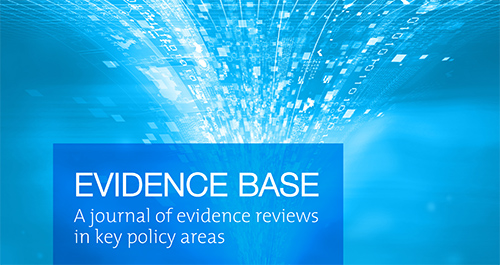
Abstract
The present review sought to determine on the available evidence (a) whether restorative justice (RJ) is an effective means of reducing re-offending (b) what benefits victims of crime obtain from participation in the RJ process (c) whether the public supports the principles of RJ and (d) how the cost and efficiency of RJ proceedings compare with conventional courts in cost and efficiency (i.e. time taken to finalize cases). The review finds little reliable evidence that RJ reduces re-offending. Victims who participate in RJ are generally satisfied with the experience but it is unclear whether they are more satisfied than victims in similar cases that are dealt with in court. The limited evidence available suggests that the public supports the principles of RJ. It appears to be a less expensive and more efficient way of finalizing criminal cases involving young people but, once again, the evidence on this issue at this stage is rather limited.
A systematic evidence review published by ANZSOG’s open access peer-reviewed journal Evidence Base.
Suggested citation
Weatherburn, D. & Macadam, M. (2013). A review of restorative justice responses to offending. Evidence Base, 2013(1): 1-20, doi 10.21307/eb-2013-004.
- Authors: Don Weatherburn and Megan Macadam
- Published Date: 6 March 2013
